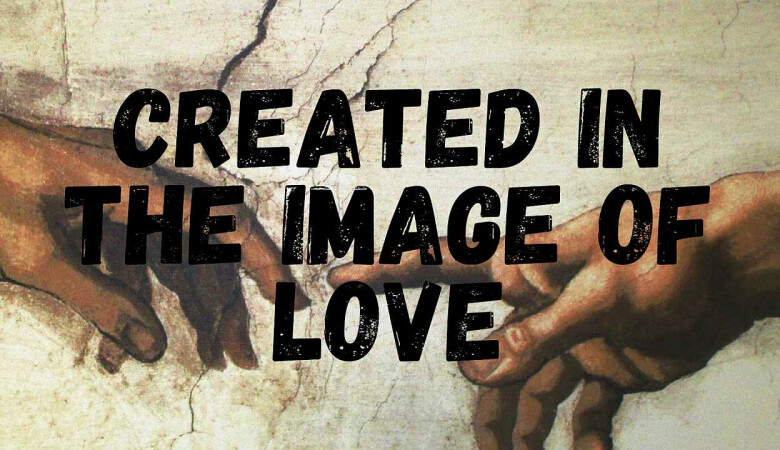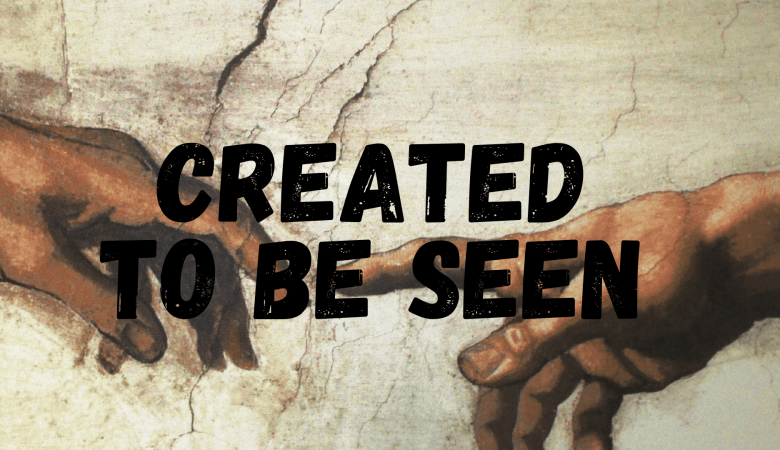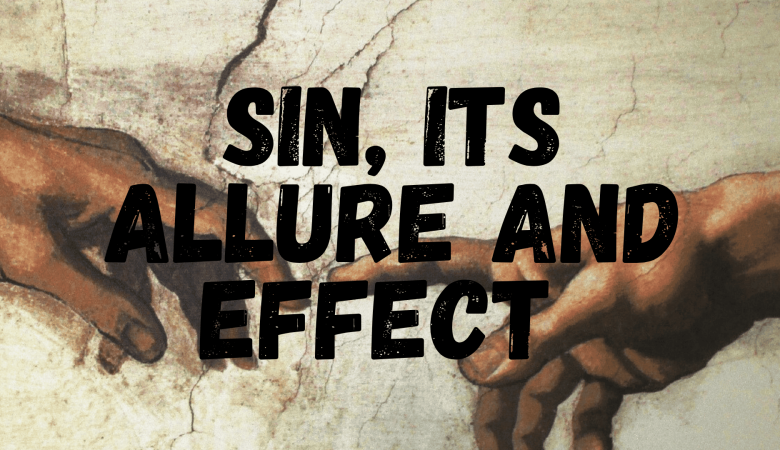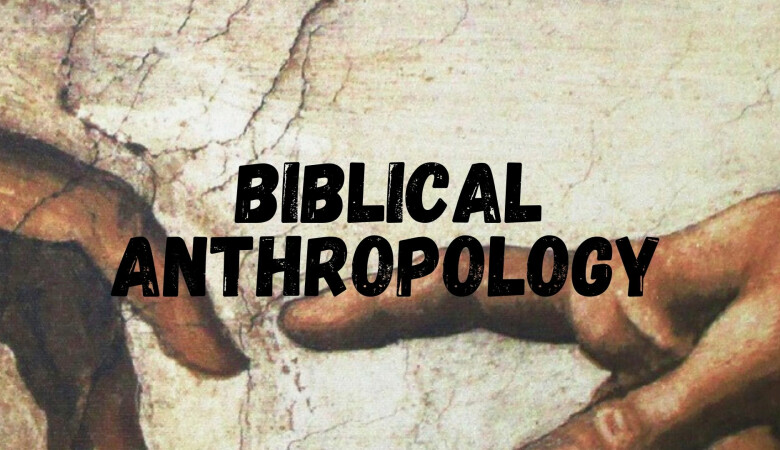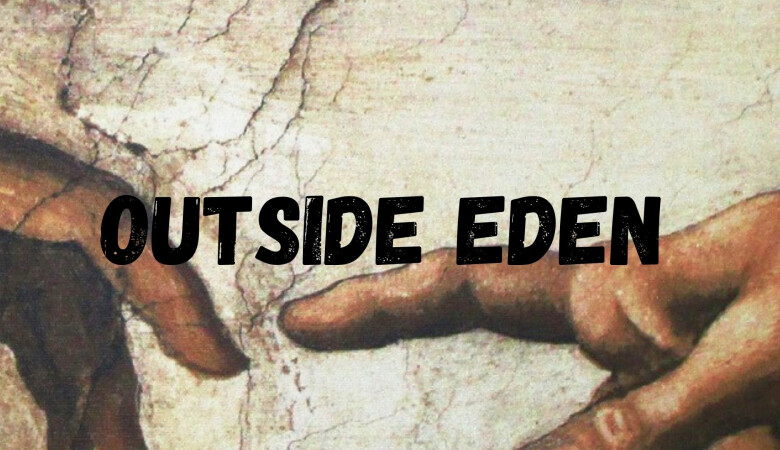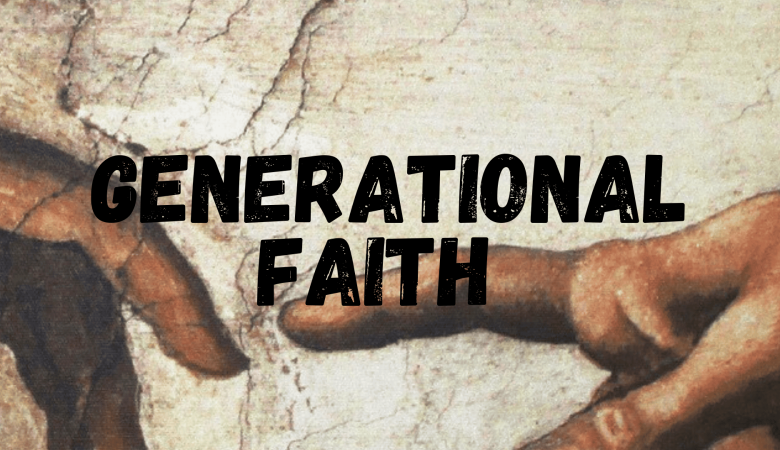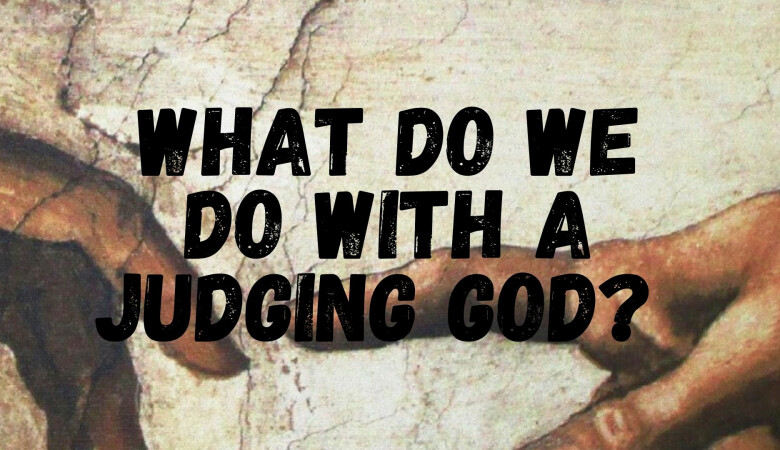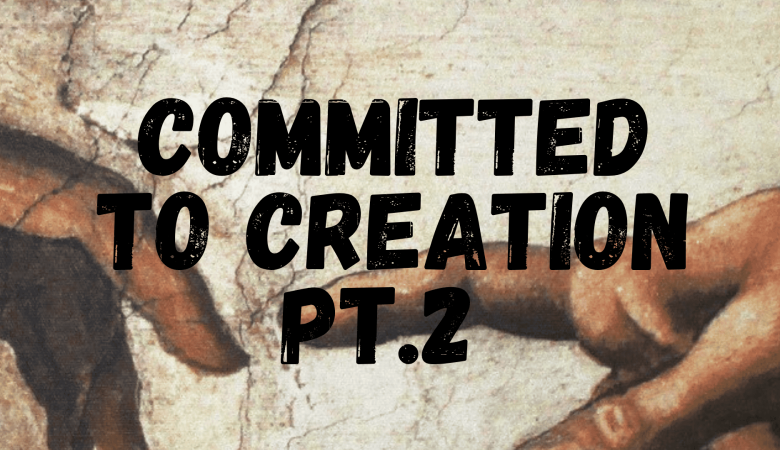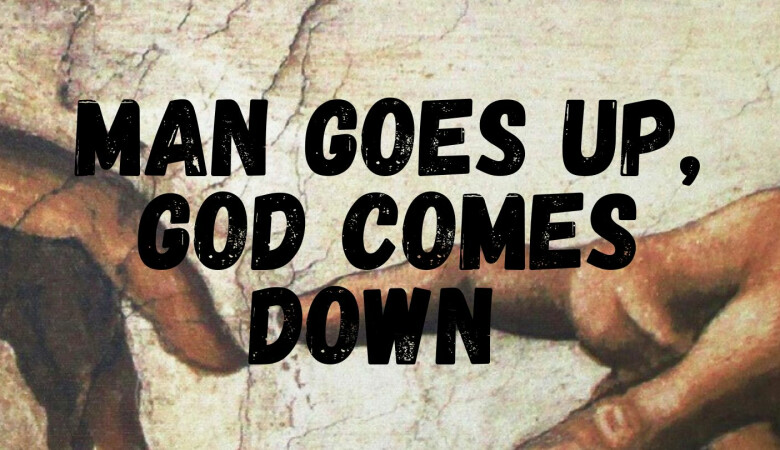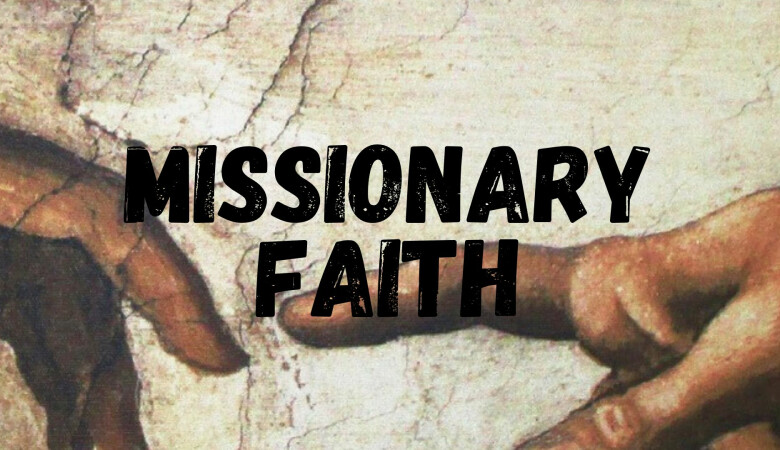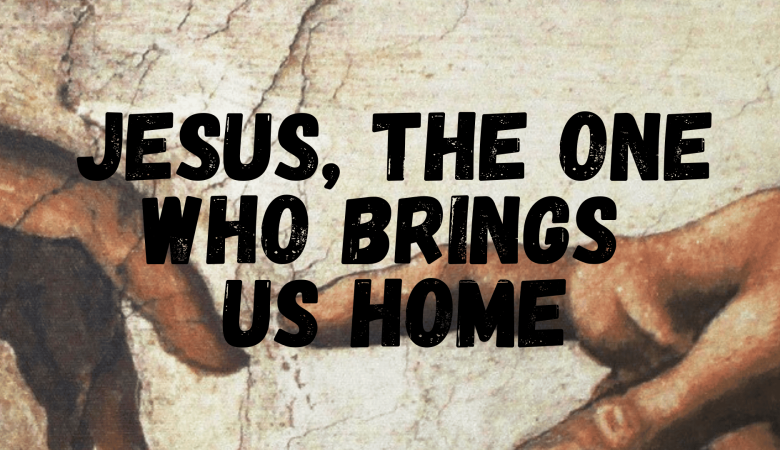Series: Created in Love
Created in Love: The True Myth
September 15, 2024 | Peter Rowan
Passage: Genesis 1:1-2:3
ALL SERMONS IN SERIES
Summary
Genesis means "Origins". This Fall we are looking at the first 11 chapters of Genesis and considering how these "Origin" stories come to bear in our lives in an ongoing way. Genesis 1, in indirect poetic confrontation, presents us with a story of creation origins that is far more compelling than any of the myths of the ancient world or the random chance or survivalist beliefs of our modern times. Here we find a text, while not scientific per se, that gives us grounding for scientific exploration in the order and predictability from which God made all things. Here we find a text that is not violent like the ancient creation myths of the "bangs" of creation-belief in our day, but one that is intentional and caring. Here we find a text that speaks of creation not out of need, but out of desire and love. The bottom line is that the Bible presents us with a far more beautiful and compelling creation than anything else you can find.
Transcript
Without doubt a couple of the greatest and most-loved writers of the 20th century were C. S. Lewis and J. R. R. Tolkien. On Sept 19th, 1931 - 93 years ago this Thursday - Lewis and Tolkien and Hugo Dyson (a friend of their and member of their literary group “The Inklings” and taught Shakespeare in Oxford) were walking along Addison’s walk, which is a lovely path the is encircled by the River Charwell in Oxford right near Magdellen College, where Lewis taught. Anyway, Dyson and Tolkien were Christians and Lewis at this point was not. In fact, Lewis was an avowed atheist and he had his reasons, but intellectually and in his own history of not believing in God and the Christian God in particular. But as they walked along their conversation moved from science to poetry to religion and Lewis began to talk about how he loves myths, but that as wonderful as they are they are still lies. “Christianity,” he said, “may have many things going for it, but originality is not one of them.” What he was saying in this, of course, was that Christianity was rather made for intellectual light-weights, superstitious folk, and those who couldn’t think for themselves. But then there were these dear friends of his. And they challenged him there on that walk on September 19, 1931. They challenged him with his love of the ancient resurrection myths. Tolkien pressed him on the limitations of rationalism, but more than that he spoke to him about his love for the great stories about human yearning and redemption. What those great myths foreshadowed happened in the Christian stories. Tolkien said that there was a reason why Lewis was so drawn to stories like the Norse story of Odin’s son Balder, who dies but is predicted to rise again when Ragnarok arrives—a time when the earth is destroyed, and a new heaven and new earth are formed. There was a reason he loved the stories of Adonis and of Bacchus and of Osiris, these stories of the dying and rising gods. And this conversation was a turning point for Lewis. He didn’t yet turn to Jesus, but he turned away from his materialism and his empiricism and embraced a theism with the thought that maybe that god might reveal himself. Later lewis wrote this in an essay “Myth Became Fact”:
“Now the story of Christ is simply a true myth: a myth working on us in the same way as the others, but with this tremendous difference that it really happened.”
“Now as myth transcends thought, incarnation transcends myth. The heart of Christianity is a myth which is also a fact. The old myth of the dying god, without ceasing to be myth, comes down from the heaven of legend and imagination to the earth of history. It happens—at a particular date, in a particular place, followed by definable historical consequences. We pass from a Balder or an Osiris, dying nobody knows when or where, to a historical person crucified (it is all in order) under Pontius Pilate. By becoming fact it does not cease to be myth: that is the miracle.”
“God is more than a god, not less; Christ is more than Balder, not less. We must not be ashamed of the mythical radiance resting on our theology. We must not be nervous about ‘parallels’ and ‘pagan Christs’: they ought to be there—it would be a stumbling block if they weren’t. We must not, in false spirituality, withhold our imaginative welcome. . . . For this is the marriage of heaven and earth: perfect myth and perfect fact: claiming not only our love and our obedience, but also our wonder and delight, addressed to the savage, the child, and the poet in each one of us no less than to the moralist, the scholar, and the philosopher.”
Now, we are starting a series today through the first chapters of Genesis. I think these chapters have the possibility to either push you in the direction of Lewis before that walk with Tolkien and Dyson or after it. Some of you may be tempted to look at these chapters that even bible-believing scholars call “proto-history” (“first-history”) and think that it is simply from the dark and dim past and is therefore unknowable or untrue or too fanciful and too mystic and mythic and therefore false. but you could end up where Lewis did after the walk. I believe that there are truths here for which you long and there are insights into the reality of God, and the place of creation and role of humankind and all the rest. Lewis found the Christian story more compelling then either the atheistic materialism of his day or the mythic stories of the past. But that wasn’t all. He also found them to be more beautiful and in fact true. The truths of these passages are in fact the, like the resurrection of Christ, the myth becoming fact and giving us answers and guidance even for our day. So, we are titling this series “Ongoing Origins”.
And I want us to look at Genesis 1 by looking at what it is not saying and by what it is saying. And I think through this we will both appreciate it more and I hope will turn to a greater belief in the God who reveals himself in the Bible and in Jesus.
- This is not a scientific text, but it is does give the basis for scientific inquiry.
Ok, part of the barrier to the Bible are the questions of modern science. I don’t think that needs to be the case at all, but it is. In our minds when we think of human origins and the origins of our world, we think of a scientific texts. Maybe you think back to your biology classes with their text books full of the taaxonmomy of domain, kingdom, phylum, class, order, family, genus, and species. That kind of thing. And so you come to this passage and your go, “Uh? What? This is telling us about origins? About where we came from and the earth’s creation? I don’t get it.” Well, first, no one in the ancient world would understand our texts today either and this was written to communicate to its original audience and yet it still communicates today. And it isn’t necessarily that they were unenlightened - the Babylonians, after all, had enough knowledge and expertise of astronomy to predict eclipses of the sun and moon, which is not easy. But this is not a scientific text as we think of it today.
But it does give a basis for scientific inquiry. Why do I say that?
Well, first consider the great ancient Babylonian story of the Enuma Elish. Apsu and Tiamat (the water goddess) are the original father and mother gods. They give birth to a series of gods. When these (like children do!) become too noisy, Apsu decides to destroy them. But his plot becomes known to another god, Ea. Ea kills Apsu and he and Damkina give birth to Marduk. Tiamat is enraged and goes to war. Eventually Marduk kills her and splits her in half and one half becomes the sky.
Let me stop there. We will come back to that.
What I want you to see is that is capricious chaos. But what you find in the text of Genesis is intentional order, coming from a God of intention and order.
One of the things that is very clear here in Genesis 1 is that this is not chaotic, but ordered.
Verse 2: the earth was without form and void (the Hebrew is a great couplet of words that is sort of onomatopoeic “tohu wa bohu” - “without form and void”). But out of this void, when God speaks things happen.
Verse 3 (day 1)- Let there be light - and there is light.
Verse 6 (day 2) -Let there be sea and sky - and there is sea and sky.
Day 3 there is land and sea and vegetation.
But then days 4-6 are the filling of those spaces.
Day 4 - sky with sun and moon and stars. Filling the creation of day 1.
Day 5 - The sea animals and creatures. Filling the creation of day 2.
Day 6. The land animals and humans. Filling the creation of day 3.
And when God places something where it goes and it is ordered and predictable.
11 And God said, “Let the earth sprout vegetation, plants yielding seed, and fruit trees bearing fruit in which is their seed, each according to its kind, on the earth.” And it was so. 12 The earth brought forth vegetation, plants yielding seed according to their own kinds, and trees bearing fruit in which is their seed, each according to its kind. And God saw that it was good.
What I am saying in this is that while this text is not a scientific text, it brings forth scientific inquiry and the idea that there are laws to nature. Those laws can be used to test hypothesis and to come to specific conclusions. The earth is ordered and things have their place and they bear the fruit of their kind. That is why so many of the greatest scientist were also Christians. Think of Isaac Newton himself who invented calculus and the laws of motion. Think of the great pioneer of agricultural chemistry and famous African American George Washington Carver. Think in our own day of Francis Collins (the former director of the National Institute of Health and of the Human Genome Project) or of Dean Hastings (physicist and the head of the Department of Aeronautics and Astronautics at MIT.“There is a God who created the universe and he’s not an impersonal God. He has declared himself as a loving God who seeks a relationship with us.”)
Genesis 1 may not be a scientific text, but it tells us of a God who creates in a way that was unlike any of the ancient myths. In those myths the tohu wa bohu the formless and void seemed to run rampant. But the Bible tells of a story where God creates and shapes and molds and makes order and predictability and a world that can be known.
2. This is not a violent creation story, but a caring creation story.
I left out the part in the Enuma Elish where Marduk takes his mace and crushes the skull of Tiamat. It’s after that that he splits her in two.
This is also not a violence of chance that comes from a “Big bang” or creation out of some sort of survival of the fittest, which at the least has been used as an argument for racism.
The AI search engine Perplexity was asked “What is the mathematical probability that the universe came into existence by chance without a creator?"
The search results indicate that the mathematical probability of the universe coming into existence by chance is extremely low, approaching zero.
The key points are:
- Calculations by various scientists have shown the probability of even the simplest life forms arising by chance to be on the order of 1 in 10^40,000 or less. This is effectively zero.
- The probability of the initial conditions of the universe being suitable for the formation of stars and planets is estimated to be an infinitesimally small probability.
- Physicist Roger Penrose calculated the odds of the low entropy condition of the Big Bang existing by chance to be on the order of 1 in 10^12,302. This is a probability so small it is considered impossible.
- Even with an unfathomably large number of hypothetical universes, the probability of one of them having the "winning ticket" to produce life is still vanishingly small.
Instead of the violence of Marduk or the random chance which many people believe in our day, what we have is God creating because he wants to.
Think of this. The whole Bible begins with God. He is the subject. And the word dominates the chapter. He is mentioned 35 times in these 35 verses. This passage is about him, just like this whole book is about him. But what you must note is that he already was, from all eternity he was. And he was fine, but he created not out of violence, but out of care.
Again, he creates places for inhabitation (sky and sea and land) and then he intentionally places things where they belong. It is loving act.
This gets me to our third point:
3. This creation is not out of need, it is creation out of love.
The Enuma Elish continues. After Marduk kills Tiamat, he sets the guardians in place so her waters will not escape and establishes constellations and the phases of the moon. He then proposes to the assembly of gods the creation of man because he wants to relieve the gods of their labor. For this he kills Kingu and from his blood makes humankind.
The creation doesn’t just happen out of violence, but it happens out of need.
That’s not the case in Genesis 1. God does not need. That is a truth taught all through the Bible. God is not in need. He creates out of love. He creates out of desire. You heard that again and again when God creates he says that it is good. He likes it. Like an artist who devotes herself to her work because it bring her joy, God creates not out of need but out of love and delight. Verse 31 tells us 31 And God saw everything that he had made, and behold, it was very good.”
God creates out of love and he delight in what he makes.
He works out of love. Work exists before the entrance of sin because it is a reflection of God. And God rests out of love. On the seventh day he rests and he looks and he delights in what he has made.
And as for humankind, male and female, he makes us out of love. Even here in Genesis 1, where the one true God is mentioned again and again, we are given glimpses of the fact that this one God exists as multiple persons. God speak and the Spirit hovers. And God says, in verse 28 ““Let us make man in our image, after our likeness.” And he creates male and female, similarity yet difference, just as God exists in unity and diversity.
God creates us because he wants to.
Psalm 139 tells us: For you formed my inward parts; you knitted me together in my mother’s womb. 14 I praise you, for I am fearfully and wonderfully made.
Wonderful are your works; my soul knows it very well.
I know that many of you are just like Lewis. I am like Lewis. I love the old stories and I love the fanciful stories. This summer as a family we got all caught up in the stories of Ronald Dahl with George being rescued from his crazy mean aunts through oversized insects in a giant peach and Matilda, disregarded though she was by her parents, miraculously saving the school from Mrs Trunchbowl and all of the rest. We read stories of Robert Louis Stevenson and Madeleine L’Engle and adventure. And there is some world that is being created in those great stories of Narnia and of Middle earth where the lives of little Lucy Pevensie changed the world from always winter and never Christmas to blooming Spring and where the Freeboard and the Ents enact justice.
A world of order over chaos, care over violence, and love over simple need is so much more compelling to our imaginations than any other story of the Origins of all things.
This text may not give answers to all of your questions. It doesn’t intend to. But it does intend to communicate to you here today about the God who made all things out of love and he declared them good and he made you and declared you good and he is a God who creates and he is committed to his creation. There are plenty of other competing creation stories out there. I don’t any of them give us such a basis for the creation care, or the worth of human life, or the laws of nature that invite scientific enquiry and wonder.
Near the end of The Silver Chair, one of C. S. Lewis’ Narnia books, there is a character who has become enchanted by the Green witch of the underworld. You see, Puddleglum had joined Eustace and Jill on their quest to find the lost prince. They found him in the underworld, the dark and dank world with no light in it, and under the spell of this green witch. Under that spell she tells them that there is Narnia. There is no sun and moon There is no Alsan and there is no lion. Well, out of that lulled state, Puddleglum says this: “Suppose we have only dreamed, or made up, all of those things—trees and grass and sun and moon and stars and Aslan himself. Suppose we have. Then all I can say is that, in that case, the made-up things seem a good deal more important than the real ones. Suppose this black pit of a kingdom of yours is the only world. Well, it strikes me as a pretty poor one. And that’s a funny thing, when you come to think of it. We’re just babies making up a game, if you’re right. But four babies playing a game can make a play-world which licks your real world hollow. That’s why I’m going to stand by the play-world. I’m on Aslan’s side, even if there isn’t any Aslan to lead it. I’m going to live as like a Narnian as I can, even if there isn’t any Narnia” (The Silver Chair, Chapter 12).
This chapter may just seem like some myth, some enchanted made up story from long ago to give us meaning. Well, I would submit to you that it is the true myth. It happened. And it gives you a far more meaning and far more lovely understanding of the world than any other story. The story of Scripture changes Lewis and it can change you too.
Series Information
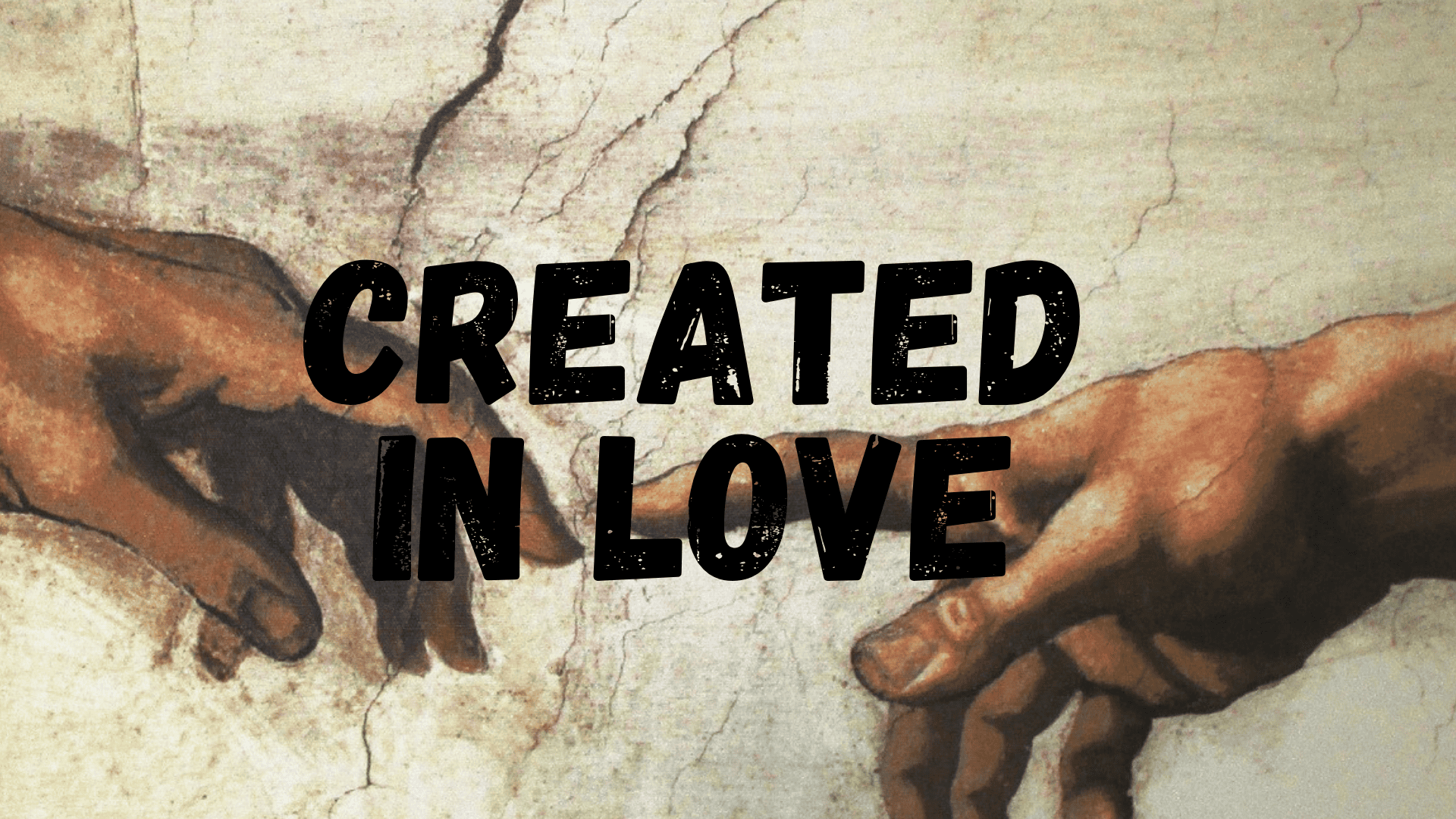
The first 11 chapters of Genesis are the origin story of all that is. In it we find unexpected account. It is not written to satisfy our desire to know the “how” As we will see, these 11 chapters are far more concerned to tell us “who” creates, and what becomes of the “good" world he hands his image bearers.

